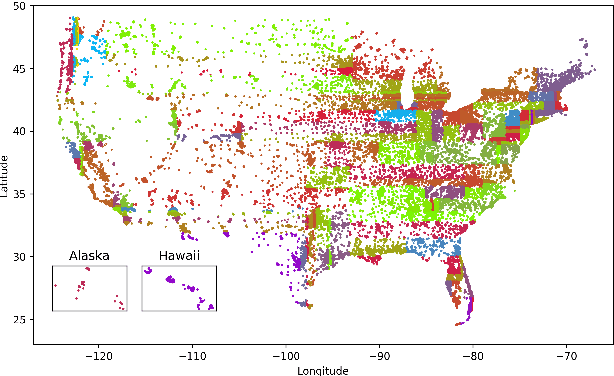Reducing Geographic Disparities in Automatic Speech Recognition via Elastic Weight Consolidation
Paper and Code
Jul 16, 2022

We present an approach to reduce the performance disparity between geographic regions without degrading performance on the overall user population for ASR. A popular approach is to fine-tune the model with data from regions where the ASR model has a higher word error rate (WER). However, when the ASR model is adapted to get better performance on these high-WER regions, its parameters wander from the previous optimal values, which can lead to worse performance in other regions. In our proposed method, we utilize the elastic weight consolidation (EWC) regularization loss to identify directions in parameters space along which the ASR weights can vary to improve for high-error regions, while still maintaining performance on the speaker population overall. Our results demonstrate that EWC can reduce the word error rate (WER) in the region with highest WER by 3.2% relative while reducing the overall WER by 1.3% relative. We also evaluate the role of language and acoustic models in ASR fairness and propose a clustering algorithm to identify WER disparities based on geographic region.
 Add to Chrome
Add to Chrome Add to Firefox
Add to Firefox Add to Edge
Add to Edge